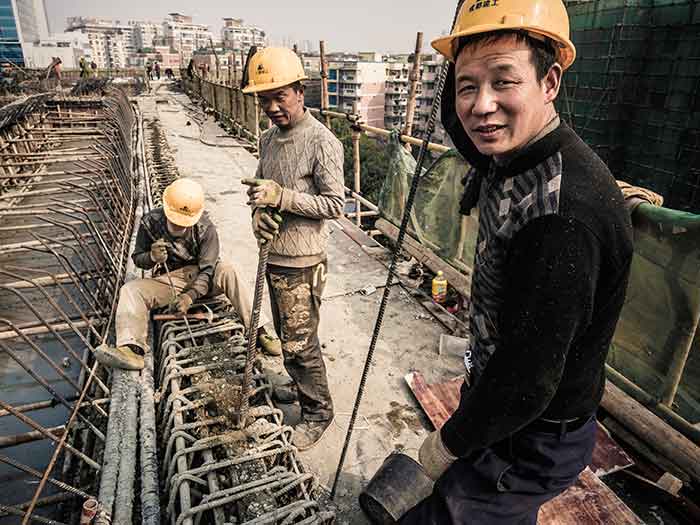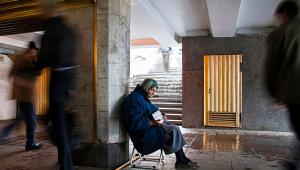web_migrantworker_istock_000023026846_large.jpg

Employees at work on a construction site
In a report, published yesterday, the ILO found that nearly $10tn over 15 years would be needed to eradicate extreme and moderate poverty by 2030. However, even this is not enough, with more and better jobs being crucial, too.
The UN agency added that the prospects of many who have climbed out of extreme poverty are deteriorating, as a deep slump in commodity prices, widespread uncertainty and slowdowns in growth and trade across various regions weigh on progress.
In some countries throughout Asia, Latin America and the Arab region, income inequality has begun to rise again after decades of decline. In regions like Europe, poverty has increased.
ILO director-general Guy Ryder said that efforts to end poverty everywhere by 2030 – the first Sustainable Development Goal agreed by world leaders at the United Nations last year – are “clearly” at risk.
“If we are serious about the 2030 agenda and want to finally put an end to the scourge of poverty perpetuating across generations, then we must focus on the quality of jobs in all nations,” he said.
The report found that without quality work, gains in poverty reduction will be short-lived.
For those in developing countries that have found employment, this is more likely to be precarious, lacking social protection and low-skilled.
Youth unemployment is a major issue in countries like Tunisia, while the World Bank estimates Nigeria will need to create 40-50 million more productive, higher-income jobs by 2030 to support its booming population.
But even workers in developed countries, with wage and salaried employment, are not protected from falling in to poverty.
The ILO said ensuring enough decent work will likely require significant public resources, but added these can be revenue neutral or even positive. Formalising the informal economy will broaden the tax base, for example.
The rural economy in particular will be a crucial counterpart to urban job creation, it said, with the vast majority of the extreme poor living outside of cities and being dependent on agriculture for their livelihoods to some degree.
So far however, large donors have been reluctant to invest in labour-intensive agriculture.
“Right now, while 30% of the world is poor, they only hold 2% of the world’s income,” highlighted Raymond Torres, ILO special advisor on social and economic issues.
“Only through deliberately improving the quality of employment for those who have jobs and creating new decent work will we provide a durable exit from precarious living conditions and improve livelihoods for the working poor and their families.”













